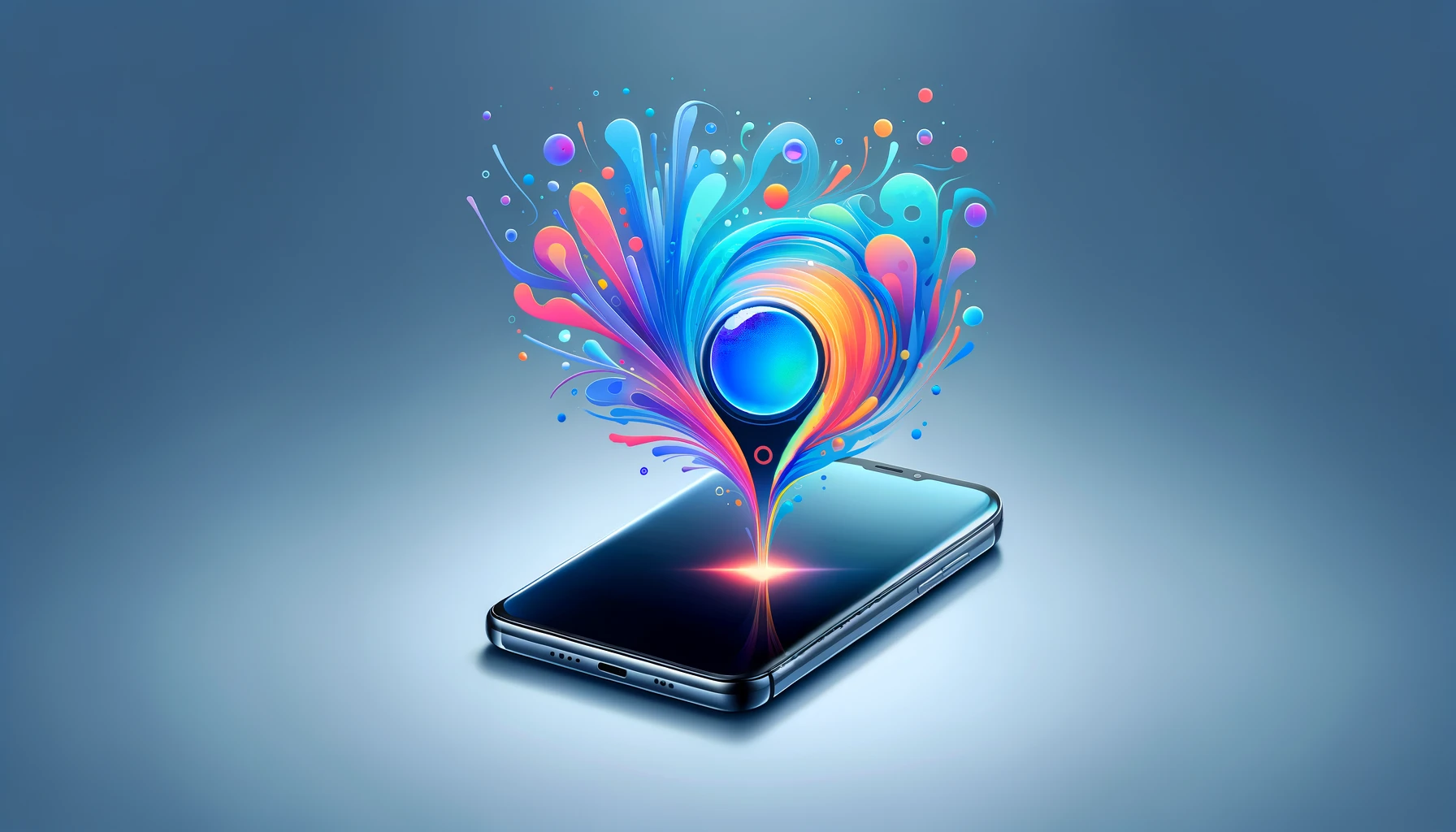
In a move poised to significantly enhance the user experience across its array of devices, Samsung is planning to integrate generative artificial intelligence (AI) technology into its proprietary voice assistant, Bixby. This revelation came from a high-ranking executive during an interview with CNBC, signaling the South Korean tech behemoth’s commitment to advancing its technological capabilities to stay ahead in the competitive market.
Elevating User Interaction with Advanced AI
Launched in 2017 alongside the Galaxy S8, Bixby marked Samsung’s ambitious foray into the crowded space of voice assistants. Initially offering functions like live translations and restaurant recommendations, Bixby was Samsung’s response to the increasing demand for smarter, more interactive devices. However, despite its array of features, Bixby, like many of its contemporaries, has faced challenges in becoming a conversational interface, mainly due to its reliance on the traditional query-response format.
The landscape of digital assistants is undergoing a transformative change with the advent of generative AI technology. Spearheaded by developments like OpenAI’s ChatGPT, this new wave of AI has significantly expanded the capabilities of chatbots, enabling them to handle complex queries and generate responses in various formats, including text, images, and even video. This advancement represents a pivotal shift towards creating more natural and engaging user interactions.
Evolution of Voice Assistants
| Year | Development | Impact |
|---|---|---|
| 2017 | Launch of Bixby with Galaxy S8 | Introduced basic voice assistant functions |
| 2020 | Introduction of Generative AI Chatbots | Expanded the conversational capabilities of AI |
| 2023 | Samsung Announces Plans for Generative AI in Bixby | Aims to redefine user interaction with devices |
Samsung envisions Bixby as a central element in its ecosystem, extending its functionality beyond smartphones to include smartwatches and home appliances. This integration underscores the company’s strategy to provide a cohesive and intuitive user experience across all devices. However, to achieve this, Samsung recognizes the need for Bixby to evolve and incorporate the advanced capabilities offered by generative AI and large language models (LLMs).
- Generative AI Integration: Samsung is exploring ways to infuse Bixby with generative AI, enabling it to conduct more natural conversations and interact with users in more meaningful ways.
- Ecosystem Synergy: The upgrade aims to enhance Bixby’s role within Samsung’s ecosystem, making it a more powerful tool for device control and interaction.
- Innovative User Interface: Samsung intends to develop an interface that leverages generative AI to support more intuitive interactions across its product range.
- Continuous Development: While no specific timeline has been provided, Samsung is dedicated to rapidly advancing Bixby’s capabilities to meet emerging technological standards.
Samsung’s focus on integrating generative AI into Bixby comes at a critical time, as the tech industry at large grapples with the implications of advanced AI features. This strategy not only aims to enhance the functionality of Samsung’s devices but also positions the company as a leader in the adoption of cutting-edge technology. The anticipation around Apple’s annual developer conference, WWDC, and its expected focus on AI features further highlights the industry-wide race to leverage generative AI.
Samsung’s initiative to equip Bixby with generative AI technology represents a significant step forward in the evolution of voice assistants. By redefining how users interact with their devices, Samsung is not just enhancing the appeal of its products but also setting new standards for technological innovation. As the company continues to work towards this ambitious goal, the tech world eagerly awaits the transformative impact this move could have on the future of digital assistance.
The integration of generative AI into Bixby underscores a broader trend in the tech industry towards creating more personalized and intuitive user experiences. As voice assistants become increasingly capable of understanding and responding to complex queries, they are set to become an even more integral part of our daily lives. Samsung’s efforts to pioneer this shift reflect its commitment to innovation and its vision for a future where technology seamlessly integrates into every aspect of our lives.
Related News:
Featured Image courtesy of DALL-E by ChatGPT
